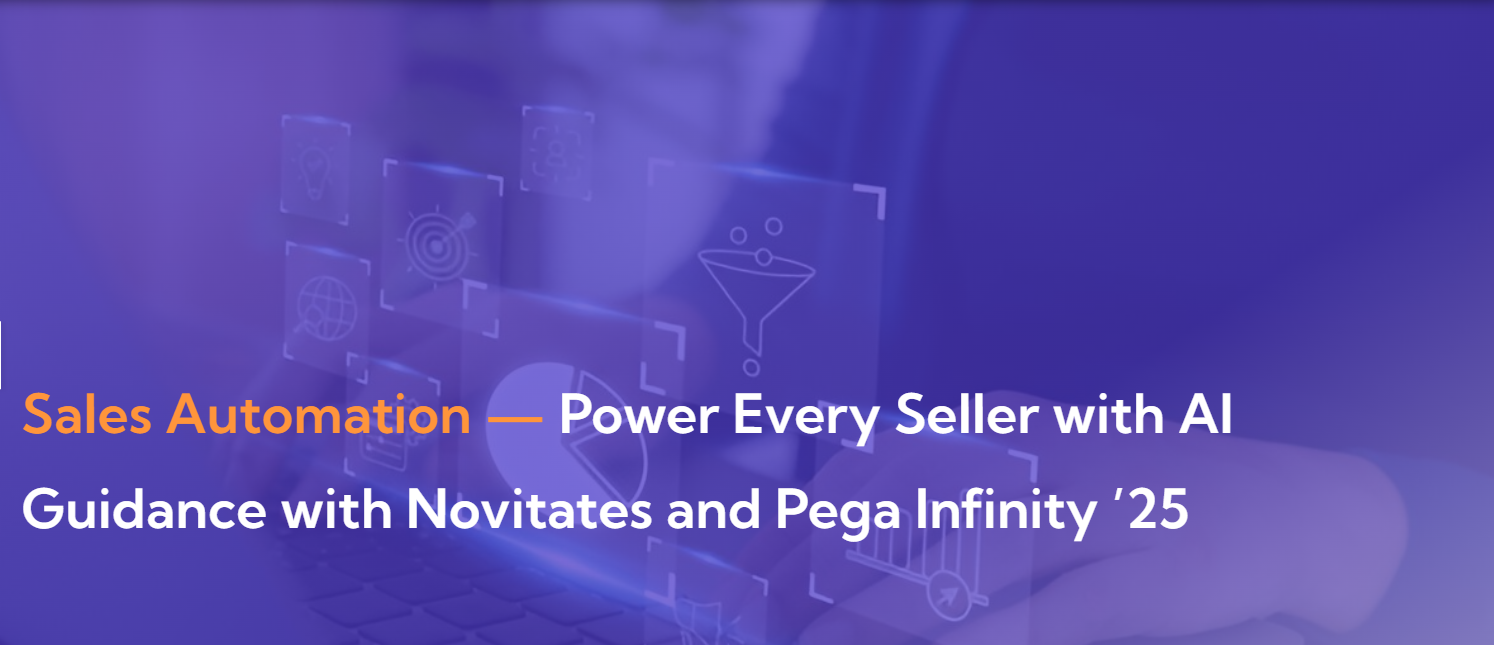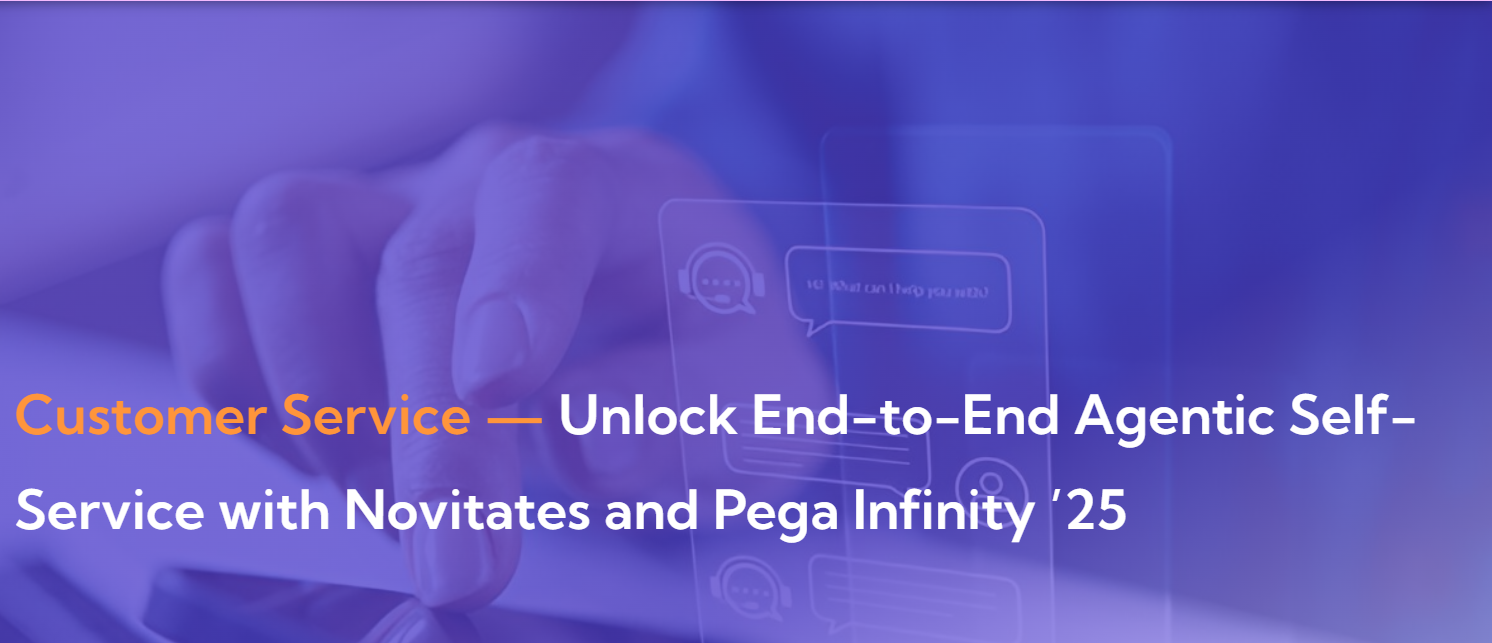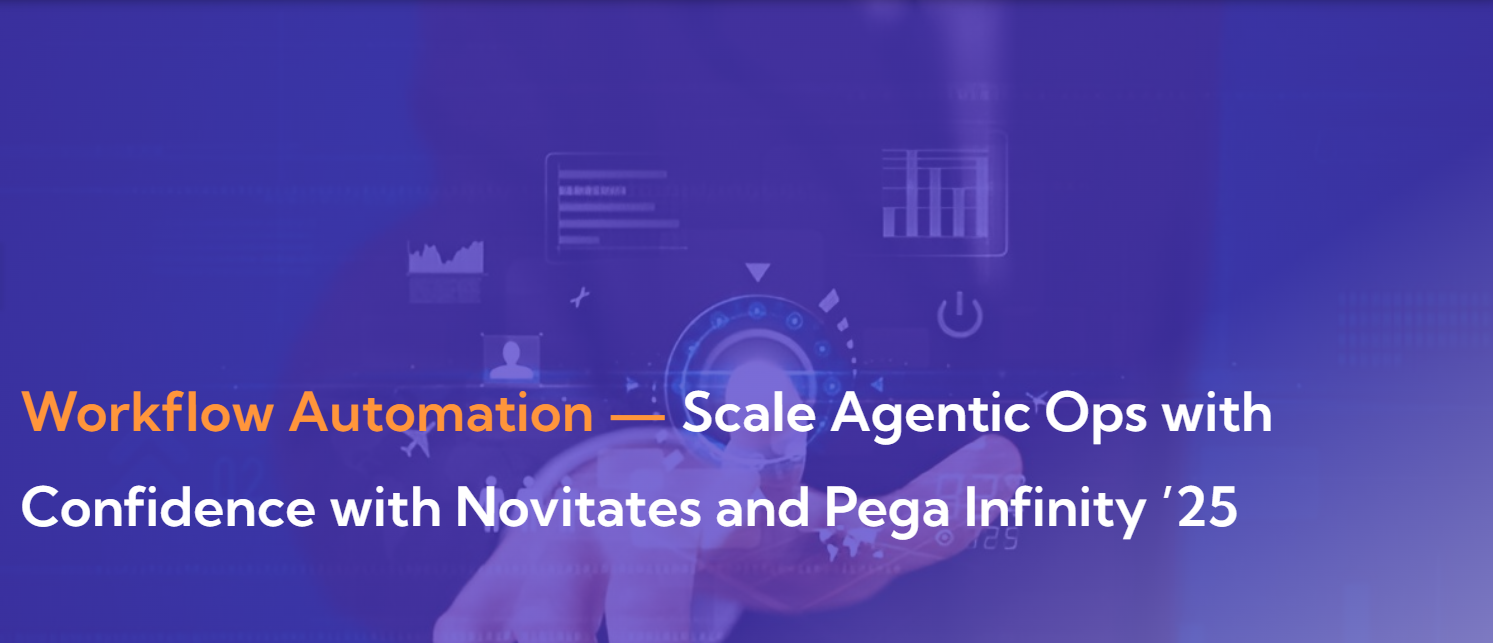Artificial Intelligence (AI) is transforming healthcare from a reactive, treatment-centric model into a predictive, personalized, and preventive ecosystem. As global healthcare systems grapple with rising costs, workforce shortages, and increasing patient expectations, AI emerges as a powerful tool to enhance diagnostics, streamline operations, and improve patient outcomes.
From accelerating drug discovery to powering robotic surgeries and predictive analytics, AI is ushering in a new era of care delivery—one that’s smarter, faster, and more inclusive.
Why AI in Healthcare Matters
According to a 2023 PwC report, nearly 55% of healthcare executives globally have either implemented or are planning to implement AI-based solutions to enhance clinical and operational outcomes. The urgency is clear: rising demand for healthcare services, combined with the complexity of data, requires intelligent systems capable of augmenting human decision-making.
The global AI in healthcare market is projected to grow from $11 billion in 2021 to over $188 billion by 2030 (Statista), emphasizing the growing reliance on data-driven healthcare models.
Applications of AI in Healthcare
1. Diagnostics and Imaging
AI-powered imaging tools can detect diseases like cancer, pneumonia, and retinal disorders faster and with greater accuracy than traditional methods. Algorithms trained on vast datasets outperform human radiologists in some areas of image classification, reducing diagnostic errors and enabling early interventions.
2. Predictive Analytics for Preventive Care
AI models analyze patient histories, genetic data, lifestyle factors, and environmental risks to predict potential health issues. Hospitals use this to proactively manage chronic diseases, reduce readmissions, and personalize care plans.
3. Virtual Health Assistants
Conversational AI and virtual assistants help triage symptoms, answer health-related queries, and remind patients to take medications, significantly reducing the burden on frontline healthcare staff.
4. Drug Discovery and Clinical Trials
AI reduces the time and cost of drug development by simulating molecular interactions and identifying viable candidates. It also accelerates patient recruitment for trials by scanning health records and matching individuals to eligibility criteria.
5. Operational Optimization
Hospitals are using AI for scheduling, resource allocation, and supply chain management. AI predicts patient inflow, staffing needs, and inventory requirements—enabling efficient, cost-effective operations.
Case Studies & Real-World Impact
- Mayo Clinic is using AI to predict patient deterioration in ICUs, enabling faster intervention and improving survival rates.
- Mount Sinai Health System uses AI algorithms to scan electronic health records (EHRs) and identify undiagnosed conditions like diabetes and heart disease early.
- Google DeepMind partnered with Moorfields Eye Hospital to build an AI system that can recommend the correct referral decision for over 50 eye diseases with 94% accuracy.
Challenges and Ethical Considerations
Despite the promise, implementing AI in healthcare is not without hurdles. Key concerns include:
- Data Privacy and Security – Ensuring compliance with HIPAA and GDPR while handling sensitive health data.
- Bias in Algorithms – AI systems must be trained on diverse datasets to avoid racial, gender, or socioeconomic biases.
- Explainability and Trust – Clinicians must understand how AI makes decisions before integrating its output into care protocols.
Governance frameworks and transparent development practices are essential to making AI both safe and effective in healthcare settings.
The Road Ahead
As AI becomes more embedded in healthcare ecosystems, the focus will shift from isolated applications to integrated, intelligent systems. These systems will:
- Connect disparate data sources for holistic patient views
- Automate administrative workflows to relieve staff burdens
- Support precision medicine initiatives at scale
- Enable real-time care adjustments based on dynamic patient data
At Novitates, we work closely with healthcare enterprises to build AI-powered solutions that are explainable, compliant, and outcome-driven. From predictive care models to intelligent process automation, we help modernize care delivery through the responsible use of AI.
References




